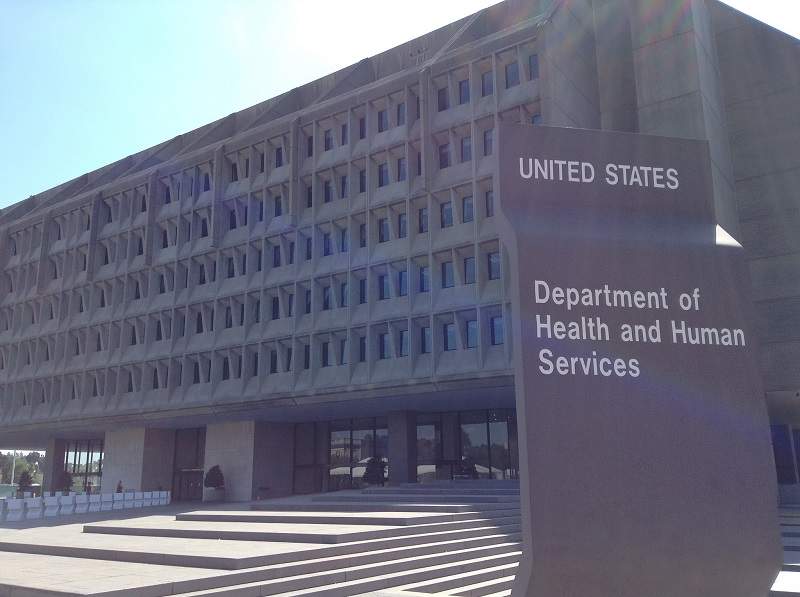
Six advocacy groups have called on the US Department of Health and Human Services (HHS) to lower the price of expensive Duchenne muscular dystrophy (DMD) drug eteplirsen.
In a letter to the HHS Secretary Alex Azar, the groups asked the federal government to take title to five patents on eteplirsen, marketed by Sarepta Therapeutics under the brand name Exondys 51.

Discover B2B Marketing That Performs
Combine business intelligence and editorial excellence to reach engaged professionals across 36 leading media platforms.
The groups, which include Patients for Affordable Drugs, Knowledge Ecology International and Universities Allied for Essential Medicines, claim that Sarepta failed to disclose several National Institution of Health (NIH) grants that helped fund the development of the drug after researchers looked into the drug’s patents and the associated records of grant funding.
Under the Bayh-Dole Act, companies that have received government funding for an invention must declare this in the patent, provide the government with a worldwide royalty free right licence, make the benefits ‘available to the public on reasonable terms’, and manufacture products in the US. According to the letter, failing to disclose funding ‘renders [recipients] subject to possible sanctions by the funding agency’.
The NIH grants were to researchers at the University of Western Australia, the University of Nebraska and Oregon State University, and funded research that was the basis of five patents then licensed or assigned to Sarepta.
The groups suggest that taking control of the patents and negotiating a lower price would be a way to remedy this.

US Tariffs are shifting - will you react or anticipate?
Don’t let policy changes catch you off guard. Stay proactive with real-time data and expert analysis.
By GlobalDataThe letter notes that although the federal government has asked recipients of federal grants to correct failures to disclosed funding in the past, it has never taken over patents for the purpose of changing drug prices. The groups acknowledge that they are asking HSS to ‘do something new’.
The letter says: “If HHS obtains title to the five patents, it can at a minimum seek damages for infringement of the patents. HHS is also in a negotiating position to facilitate earlier competition, both in the US and in the EU, and Sarepta must consider these potential consequences.”
The cost of the drug is very high, estimated to be between $750,000 and $1.5m per year, which means that many people with DMD do not have access to the treatment.
Kim Treanor, a spokesperson for Knowledge Ecology International told Pharmaceutical Technology: “There’s really not much treatment for this disease so when [Exondys 51] came out there was a huge outcry in the patient community that there was finally hope for them but that the price is prohibitive.
“A lot of insurers aren’t covering it and people are having a really hard time accessing it. The price is a real problem.”
DMD is a severe type of muscular dystrophy caused by the mutation of the dystrophin protein in the muscles. It is characterised by progressive muscle degeneration, weakness, learning difficulties and deformities and most sufferers do not reach adulthood. In 2016, Exondys 51 became the first drug to gain approval in the US for the treatment of DMD. Data from a Phase II clinical trial showed that the drug effectively increased the production of dystrophin in 72% of participants, leading to improved motor function.
The groups are asking for a meeting with HHS staff to further discuss the issue.
Kim Treanor said: “I’m optimistic [that they will act on recommendations] because drug pricing is such as huge issue in the US. On all sides of the political spectrum you have people who are really hopeful that the administration is going to do something about drug pricing. I remain optimistic that we are going to do something in this space and that we are going to enforce the laws that are on the books and increase access for people.”




